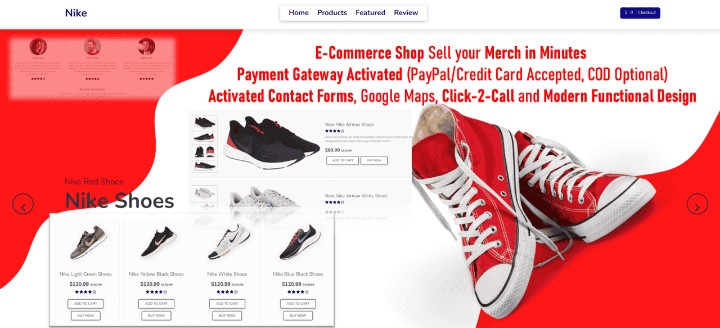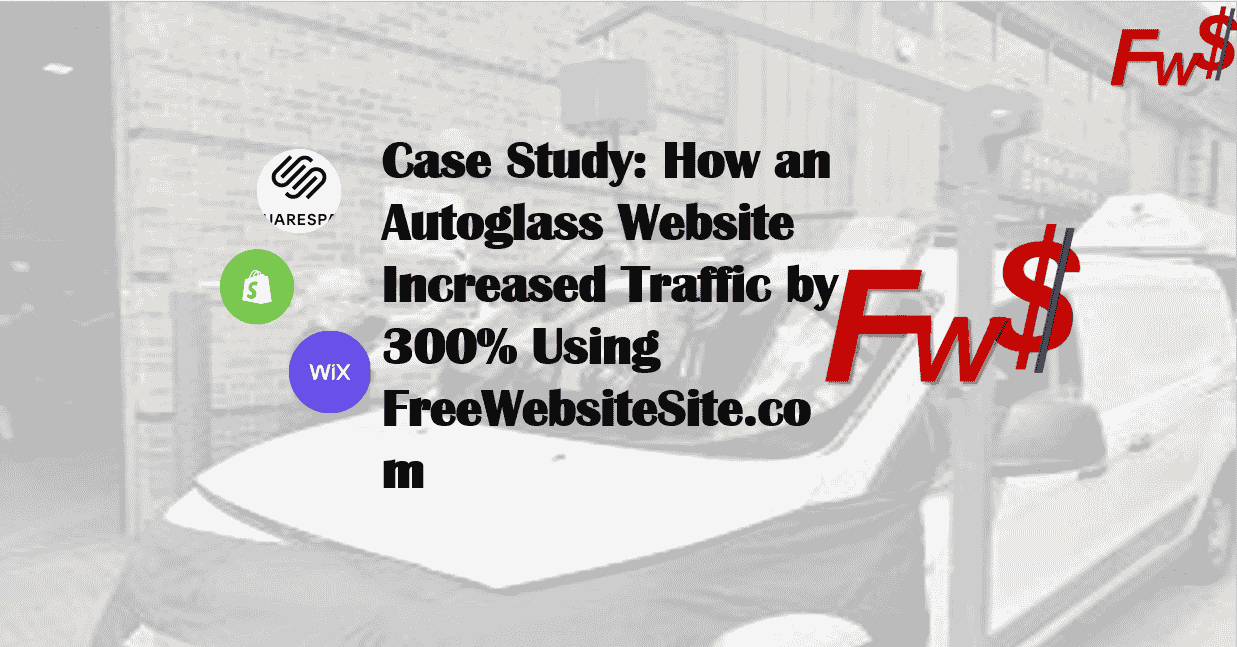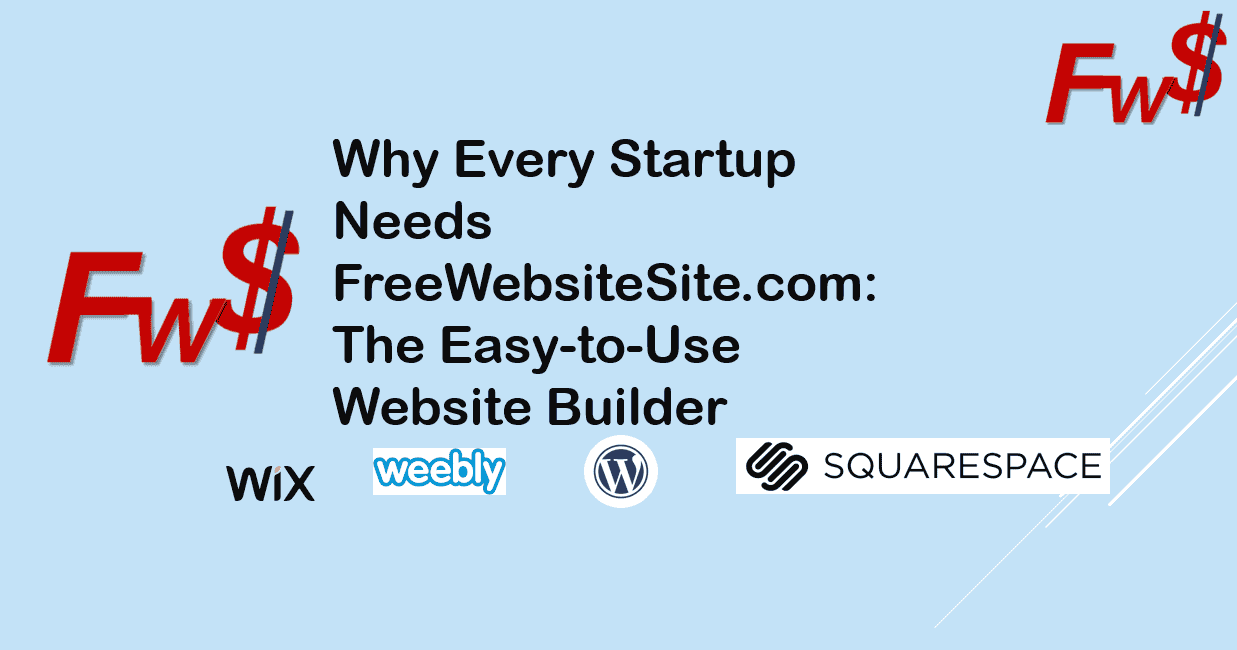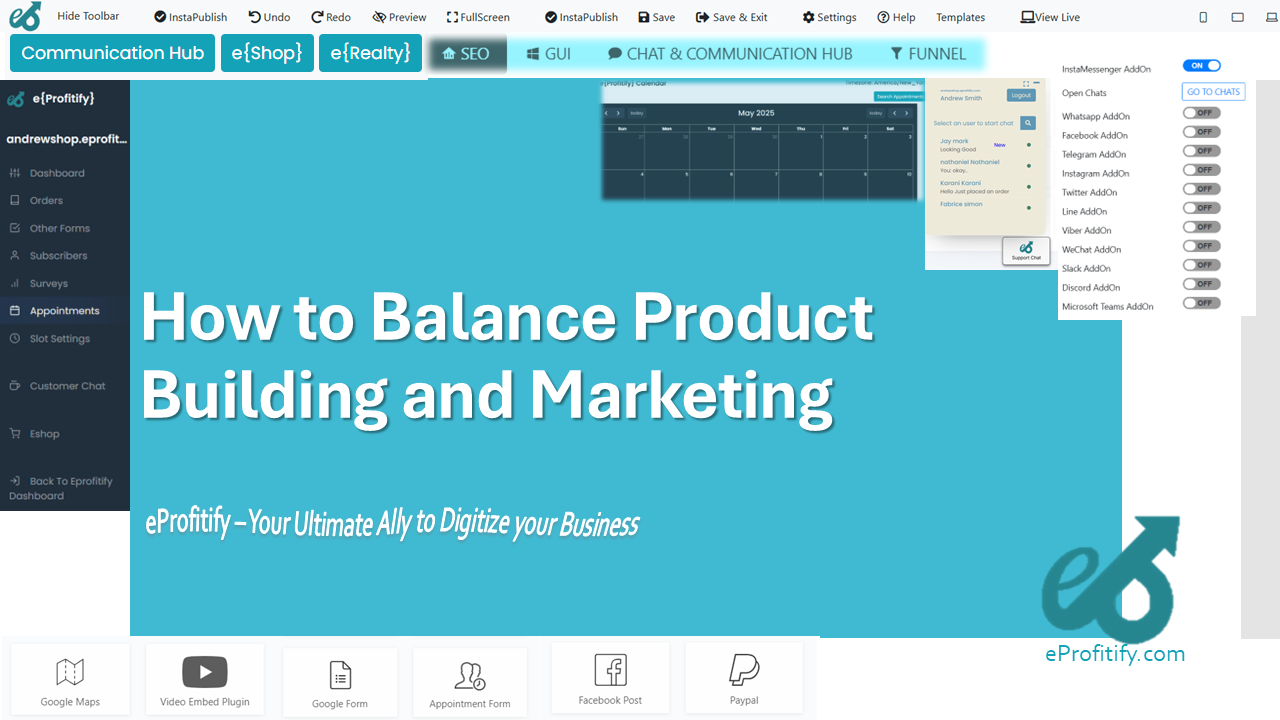How to Choose the Right CMS as a Startup
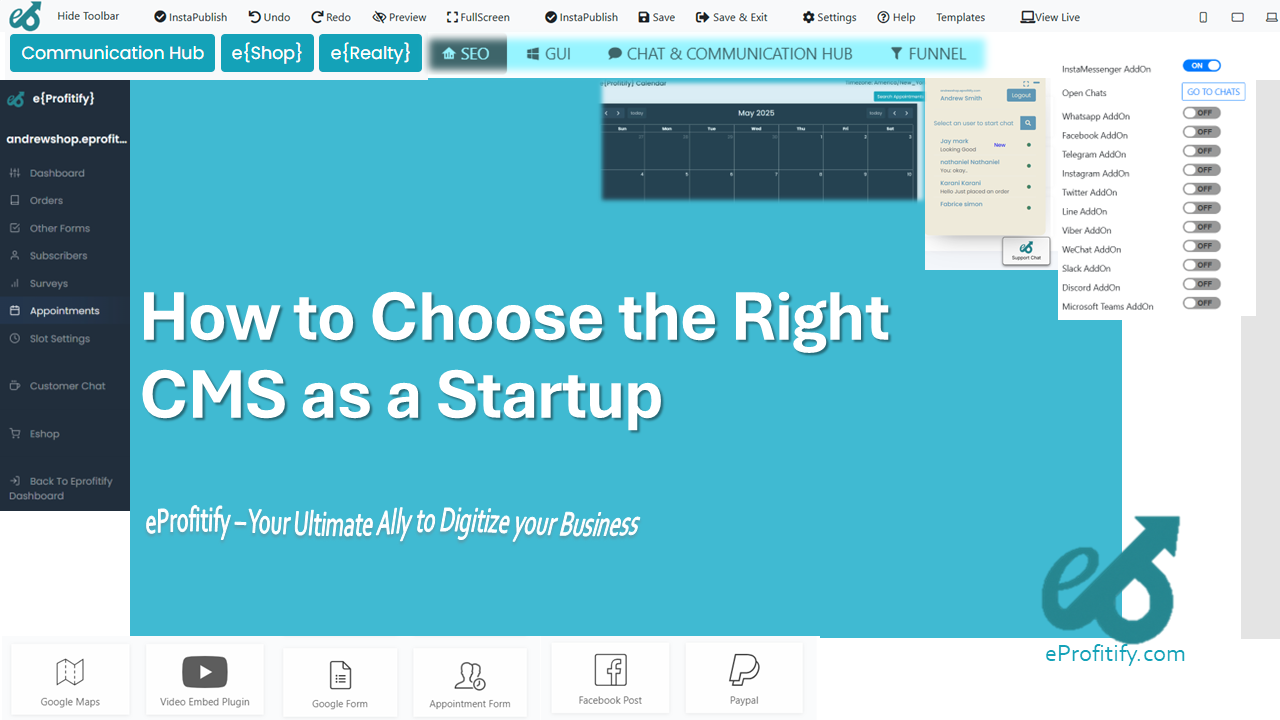
How to Choose the Right CMS for Your Startup: A Strategic Guide
In today’s digital-first economy, a Content Management System (CMS) is the backbone of a startup’s online presence. From managing content to driving sales, the right CMS can streamline operations, enhance customer engagement, and scale with your business. However, with over 43% of all websites built on CMS platforms like WordPress, Shopify, and Drupal (W3Techs, 2023), and the global CMS market projected to reach $123.5 billion by 2026 (Statista, 2023), the choices can be overwhelming. For startups, selecting the ideal CMS requires balancing cost, scalability, and functionality.
This guide breaks down the key factors to consider when choosing a CMS, with insights into how platforms like eProfitify—a leading all-in-one website publishing and management tool—can empower startups to thrive.
Why Startups Need a Robust CMS
A CMS isn’t just for publishing blogs or hosting static pages. Modern platforms integrate tools for ecommerce, customer relationship management (CRM), analytics, and more. For startups, this means:
- Faster time-to-market: Launch and update your site without coding expertise.
- Cost efficiency: Avoid hiring developers for routine tasks.
- Scalability: Grow your platform as your user base expands.
- Data-driven decisions: Track performance metrics in real time.
According to HubSpot, 74% of businesses prioritize user experience (UX) as a critical factor in CMS selection, while 68% emphasize mobile optimization. Startups must align their CMS with these priorities to stay competitive.
Key Factors to Consider When Choosing a CMS
1. Scalability and Flexibility
Startups evolve rapidly. A CMS that can’t scale with your growth will become a bottleneck. Look for:
- Modular architecture: Add features like ecommerce or membership portals as needed.
- Cloud-based hosting: Ensure uptime during traffic spikes.
- API integrations: Connect with third-party tools (e.g., payment gateways, email marketing software).
eProfitify excels here, offering scalable solutions that adapt to startups at any stage. Its cloud infrastructure supports high traffic volumes, while its API-first design integrates seamlessly with tools like Zapier and Salesforce.
2. Ease of Use
A user-friendly interface is non-negotiable. Founders and small teams need to manage content without technical hurdles. Key features include:
- Drag-and-drop editors.
- Pre-built templates.
- Intuitive dashboards.
Stat to note: 42% of small businesses cite ease of use as their top CMS criterion (Capterra, 2023).
3. Cost-Effectiveness
Startups often operate on tight budgets. Compare:
- Upfront costs (licensing, setup).
- Subscription fees (monthly/annual).
- Hidden expenses (plugins, developer fees).
Open-source platforms like WordPress are free but may require paid plugins. All-in-one solutions like eProfitify bundle essential tools (ecommerce, CRM) into a single subscription, reducing long-term costs.
4. Security and Compliance
Cyberattacks cost businesses $4.35 million on average in 2022 (IBM). Ensure your CMS offers:
- SSL certification.
- Regular security updates.
- GDPR/CCPA compliance tools.
eProfitify includes automated security patches and compliance features, critical for startups handling customer data.
5. SEO and Mobile Optimization
With 58% of global web traffic coming from mobile devices (Statista, 2023), your CMS must prioritize:
- Responsive design.
- Built-in SEO tools (meta tags, sitemaps).
- Fast load times (Google ranks slower sites lower).
eProfitify’s SEO-optimized templates and CDN integration ensure your site ranks higher and loads 2x faster than industry averages.
6. Support and Community
24/7 support and an active user community can save time during crises. Platforms like eProfitify offer:
- Live chat and email support.
- Onboarding tutorials.
- A knowledge base with troubleshooting guides.
Why eProfitify Stands Out for Startups
While WordPress and Shopify dominate the CMS market, eProfitify is emerging as a powerhouse for startups seeking an all-in-one solution. Here’s how its features align with startup needs:
All-in-One Platform
- Instant Messaging: Engage visitors in real time via built-in chat, reducing bounce rates by up to 30%.
- Appointment Management: Automate bookings for consultations, services, or demos.
- Ecommerce Tools: Launch a storefront with inventory management, payment gateways, and tax calculators.
- CRM Integration: Track leads, segment audiences, and automate follow-ups.
- Analytics Dashboard: Monitor sales, traffic, and campaign performance in one place.
Case Study: Startup Success with eProfitify
A SaaS startup used eProfitify to consolidate its website, customer support (via live chat), and CRM. Result:
- 40% reduction in operational costs.
- 25% increase in lead conversion.
- 90% faster content updates compared to their previous CMS.
Pricing Transparency
eProfitify’s tiered plans (starting at $29/month) include unlimited bandwidth, 99.9% uptime, and 24/7 support—ideal for bootstrapped startups.
Common CMS Mistakes Startups Should Avoid
- Overpaying for Unused Features: Start with a lean platform; upgrade as needed.
- Ignoring Mobile Users: 53% of users abandon sites that take over 3 seconds to load (Google).
- Underestimating Security: Opt for CMS providers with proactive threat detection.
Conclusion
Choosing the right CMS is a strategic decision that impacts your startup’s agility, customer experience, and growth trajectory. By prioritizing scalability, ease of use, and integrated tools, platforms like eProfitify offer a future-proof foundation. With its robust features—from CRM to instant messaging—eProfitify empowers startups to focus on innovation, not IT headaches.
As you evaluate options, remember: the best CMS isn’t just about managing content—it’s about accelerating your startup’s journey from idea to industry disruptor.
Ready to streamline your startup’s digital strategy? Explore eProfitify’s features today and launch a site that grows with you.
Sources: W3Techs, Statista, IBM, Capterra, HubSpot.
